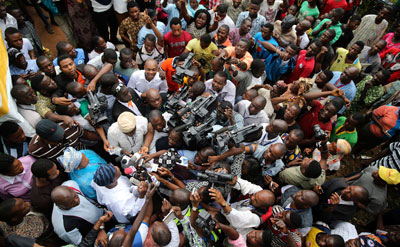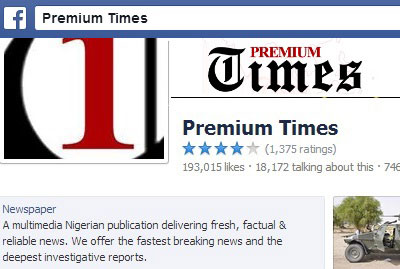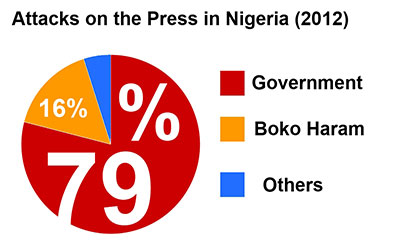Nigeria targets independent newspapers
Nigerian authorities have been waging widespread attacks on nearly a dozen independent newspapers under the cover of fighting terrorism. By last weekend, no fewer than 10 newspapers had their operations nationwide disrupted, leading to the loss of hundreds of thousands of newspaper sales.
Journalists targeted by both sides in Nigeria’s war on terror
The struggle between Nigerian authorities and militant extremist group Boko Haram was recently thrust into the global spotlight with the abduction of nearly 300 schoolgirls, but journalists in the country have been squeezed between the two sides for years.
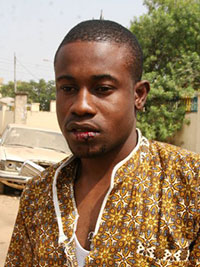
Nigerian journalist wins landmark court victory
“If a journalist can’t fight for his own right, then he has no responsibility to fight for others,” Desmond Utomwen, a senior correspondent with TheNews Magazine/PM News, told me after a High Court judge on October 4 awarded him 100 million naira (US$637,000) in special damages from the Nigeria Police Force and Guarantee Trust Bank…
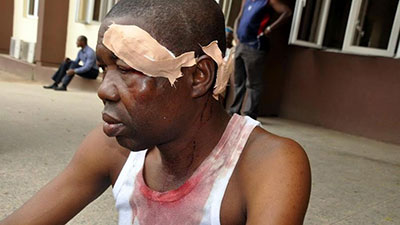
Signs of justice for battered Nigerian photojournalist
Hardly ever do Nigerian journalists get justice for assaults suffered in the line of duty. But things may be set to change with the case of Benedict Uwalaka, a photojournalist with Leadership Newspapers, who on August 9 was brutally assaulted at a government hospital in Lagos State. The first step toward justice came 22 days…
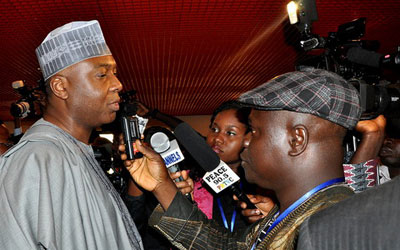
Nigeria journalists obstructed on World Press Freedom Day
On World Press Freedom Day last week, Nigeria’s Information Minister, Labaran Maku, publicly asserted that the country’s media “is one of the freest in the universe.” On paper, Nigeria’s 1999 Constitution guarantees the freedom of the press to “uphold…the responsibility and accountability of the government to the people.” But seven journalists who attempted to put…
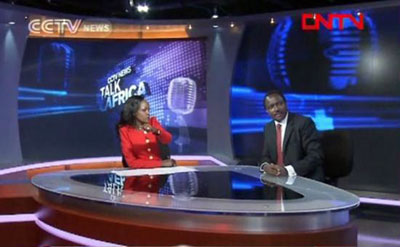
China’s media footprint in Kenya
Will China’s quickly expanding media presence in Africa result in a fresh, alternative, and balanced perspective on the continent–much as Al-Jazeera altered the broadcast landscape with the launch of its English service in 2006–or will it be essentially an exercise in propaganda?

#OccupyNigeria protesters take on news media coverage
Protesters in Nigeria are not only angry at their government’s New Year’s Day decision to eliminate a fuel subsidy — they are also upset about news media coverage of the citizens’ movement, dubbed “Occupy Nigeria,” and have taken their protests to local media outlets.
